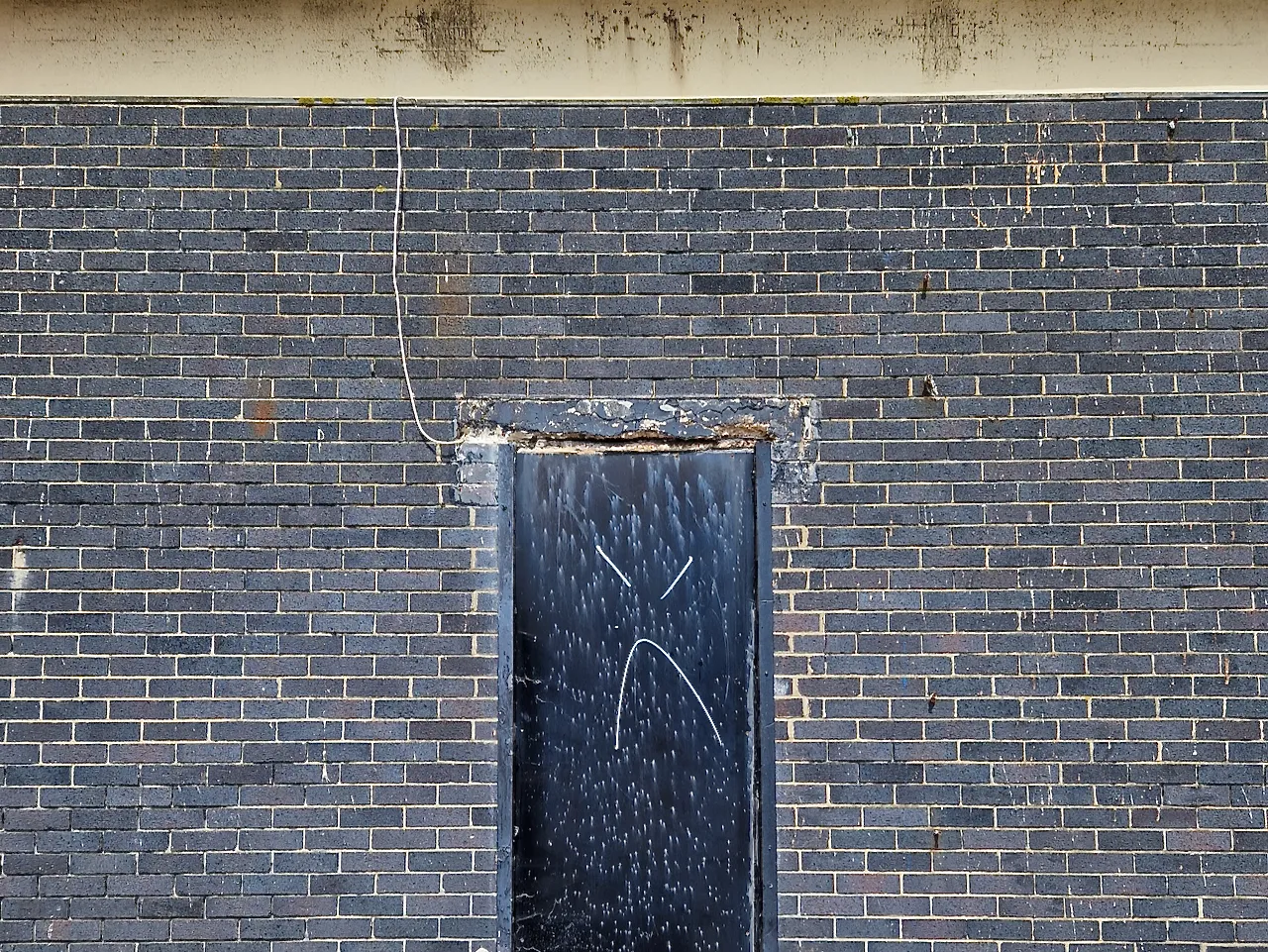Competing with the Metaverse
It's predicted that the metaverse will soon rival and then surpass physical realms in many ways. If that's true, we're going to be spending a whole lot more time online. But what might we miss if this happens?
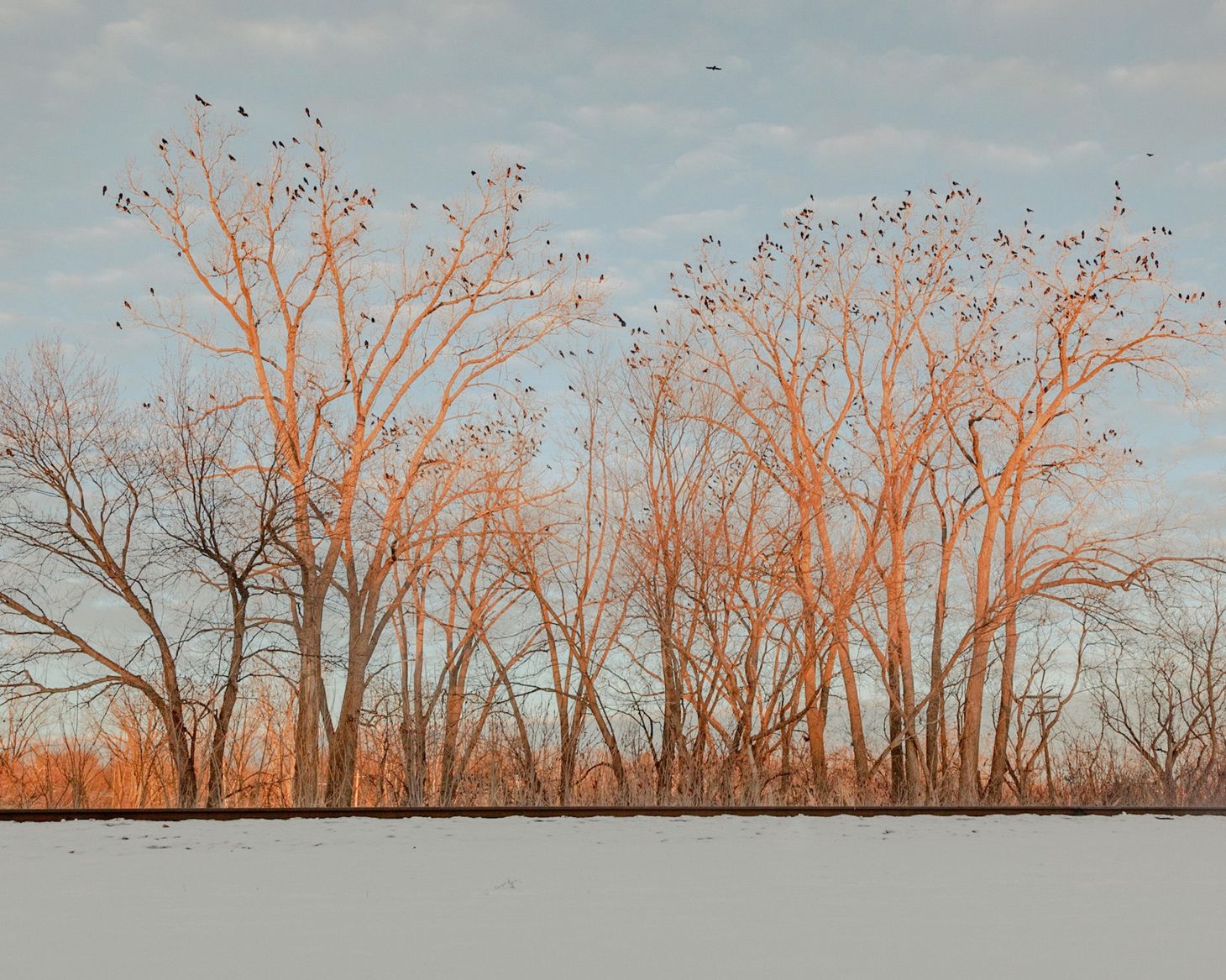
It's Menka here, with a Just Looking Letter - a newsletter all about slowing down and noticing more of this IRL experience that we call "life".
There's a devastating war happening as I write. I hope that you're ok and taking care of your mind and heart. It's hard, even if all you are doing is bearing witness and rooting for peace.
After the last Letter, it was fascinating hearing from you about how pointing (and moving your body, generally) influences what we notice. Adel from Seattle described that it slowed her down into greater awareness. She wrote: "Pointing = bringing the body into it." And Chryss, an air traffic controller in Dubai, explained how pointing really helps her.

Attention is a subtle and responsive thing. If merely lifting your finger up can guide it, imagine what else can impact it, for better or worse.
About the Metaverse
Yesterday I did a tour of Vienna city using a VR headset, in 8K resolution. (The human eye can't see much beyond 16K and headsets will soon be able to achieve that.) I was also wearing headphones for sound, and a vest for physical vibrations, and there was a ball above my head emitting six different types of smells too. It was great - a significant leap closer to being there in person compared to any flat screen I've seen. The "embodied internet" of the metaverse is about to take off.
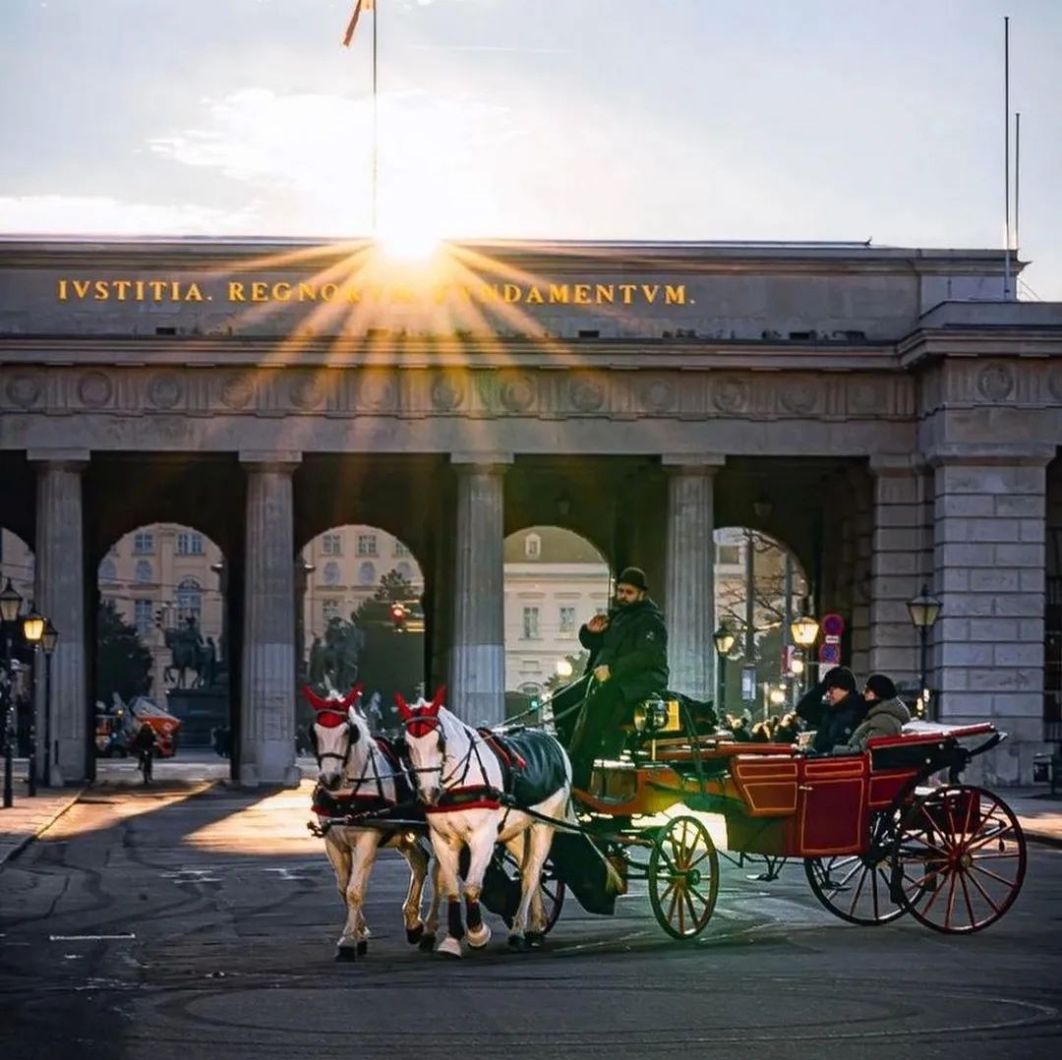
As I join in the excitement about the possibilities, I am also harbouring some serious concerns about the popular narrative. For example, the philosopher most famous for having articulated the Hard Problem of consciousness has just come out with his new book Reality+ in which he makes a number of arguments. I'd say his starting position (summed up in this Guardian article) is this:
(1) Virtual worlds will rival and then surpass physical realms.
(2) The physical world will likely lose its allure in comparison.
(3) The pursuit of the physical may become a novelty or a fetish.
I'm probably preaching to the choir here, as the saying goes, as I doubt readers of this newsletter will easily give up on the allure of the physical world. But at the same time, many of us already choose to spend a significant portion of our days interacting the world digitally through various screens - not a scenario we may have predicted or indeed hoped to be in.
Perhaps the key word in the last sentence is "choose". If we are to make choices that are informed and aligned with our deeper intentions, we need clarity about our options and how they compare. In weighing it up, I ended up spilling over 3000 words to articulate four fundamental ways in which physical reality offers a richness that can - dare I say - never be found in the metaverse.
Here's the essay: What Might We Miss in the Metaverse?
Looking Exercise
What would the digital avatar of this be like?
In a way, every time we take a photograph of something we create a digital avatar of it. It's a digital representation, in which we may gain something perceptually but we also lose something inevitably in the work of translating it. With imagery, perhaps the biggest loss is the 3D nature of things. The metaverse is about to change that. So let's do this - first, choose an object to look at. Next, imagine that it is going to be recreated as a holograph in a distant land, for others to see it just as you are now. Is there anything about the way you experience this object that wouldn't survive the translation into a holograph? Now try it with a different object. Does it make a difference if it's dead (like a chair) or alive (like a dog)? Would some things translate into the metaverse better than others?
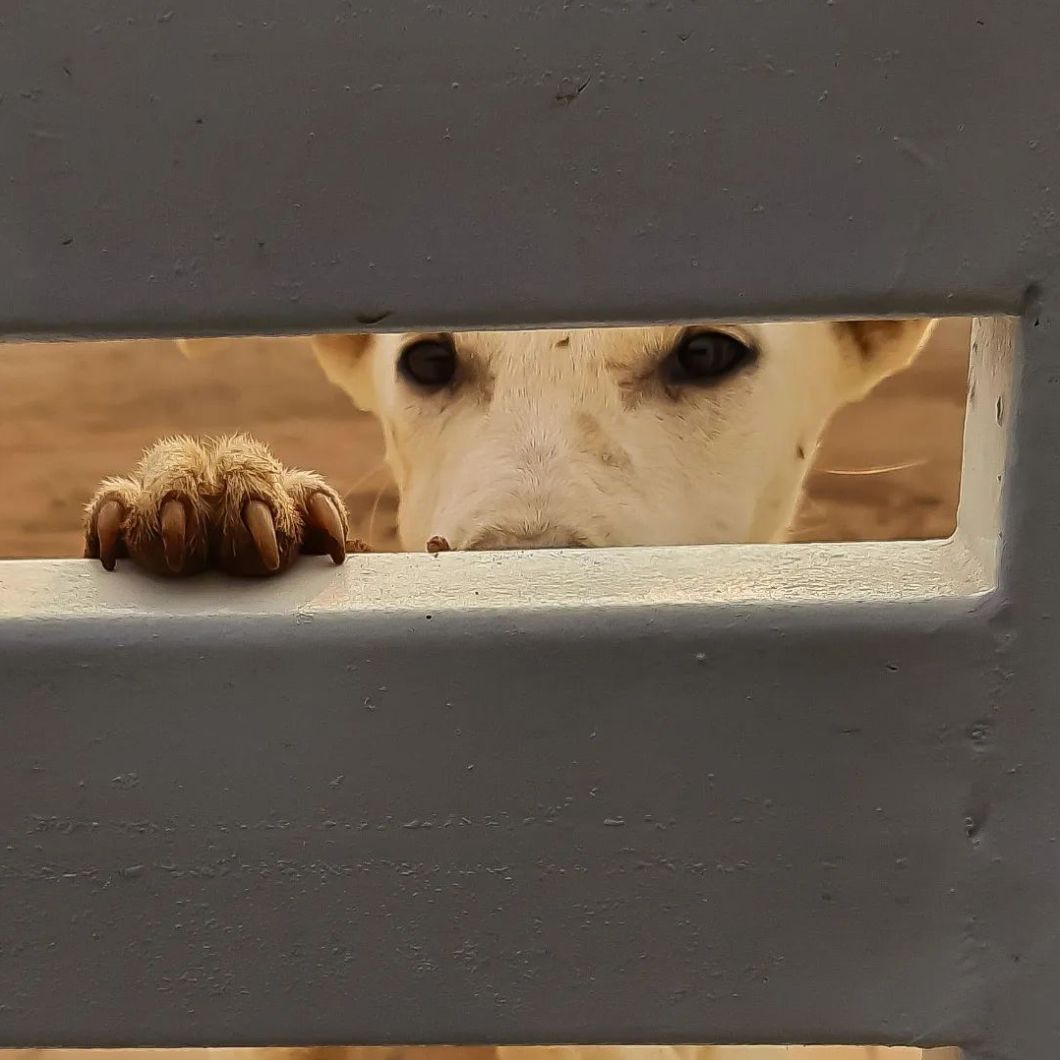
Five Links about Looking
Digital Habit Lab Cards [Support]
I'm truly excited to share that Mind Over Tech, which I work with, has a Kickstarter project that's live right now! Go check it out here to get your hands on one of the beautiful decks of cards. I love how practical, wise, and also (thankfully) non-patronising the whole project is. Each card has detailed instructions for running an experiment and exploring new habits for yourself.
Just a few days left!
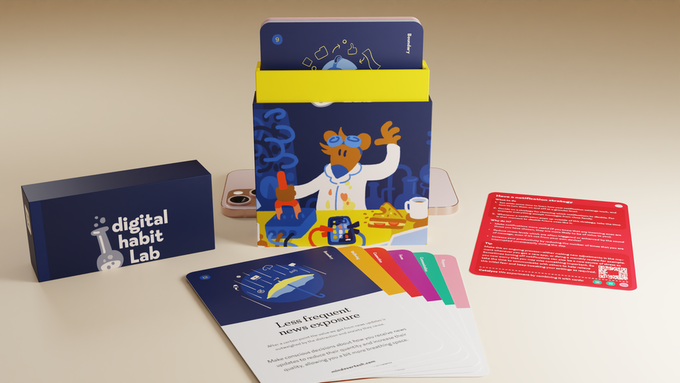
On Beauty by Kahlil Gibran [Read]
What is beauty?
"Not an image you would see nor the song you would hear, but rather an image you see though you close your eyes and a song you hear though you shut your ears."
Alone, Not Lonely - Pete Baker [See]
Pete (who made that wondrous image at the top "Early Birds") is a photographer whose work I admire. His latest project is about exploring the joy of solitude. This is how he describes it:
"But there is a world of difference between the negative state of being isolated, and the positive and constructive state of engagement with oneself. The state of being alone where you are your own wonderful and sufficient companion."
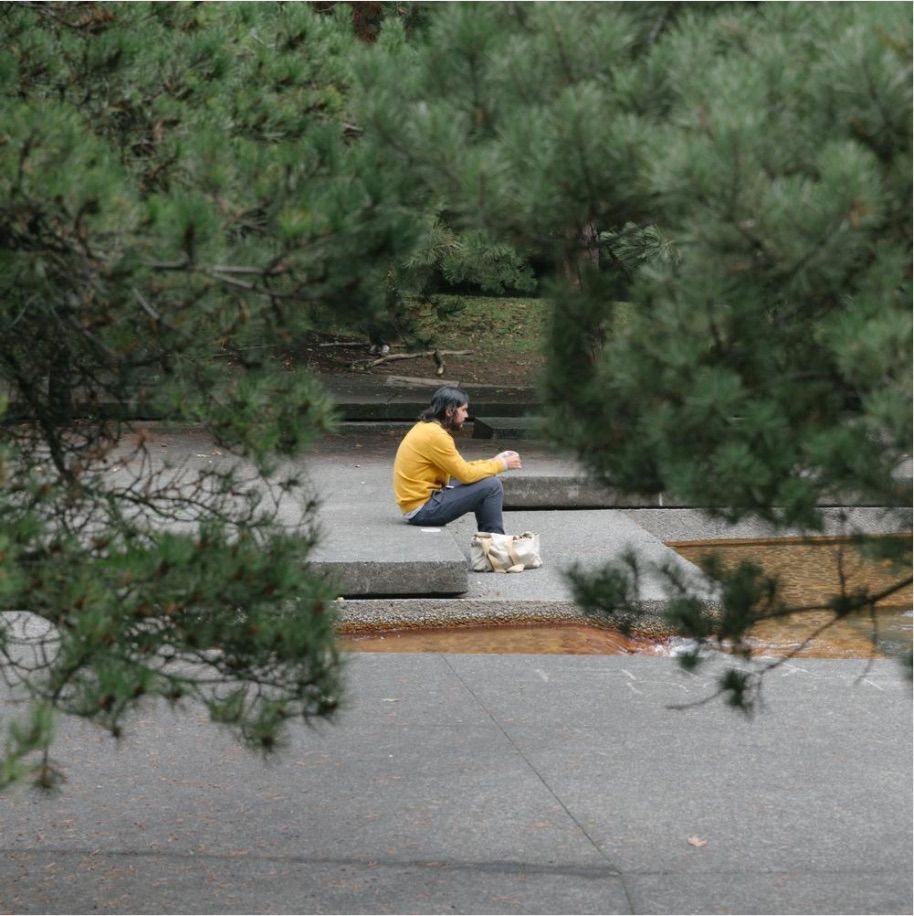
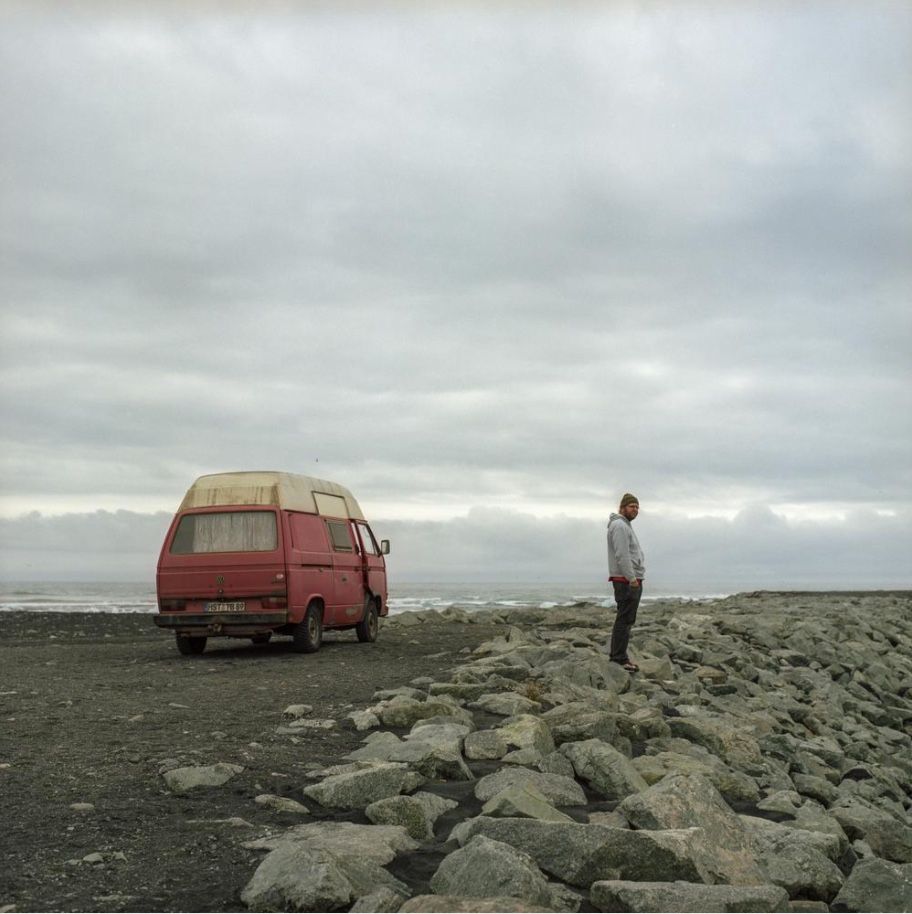
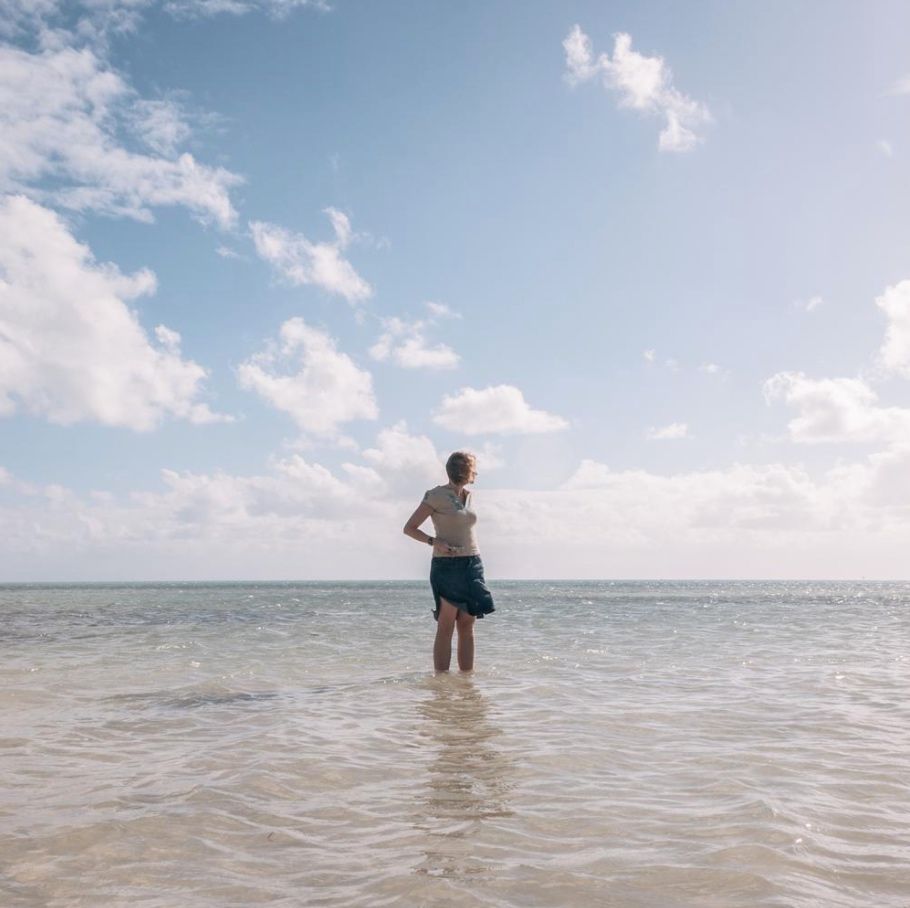
Seeing 100 Million Colours [Read]
There is a genetic condition called Tetrachromacy in which the human eye can see more colors, a lot more!
Four Thousand Weeks [Read]
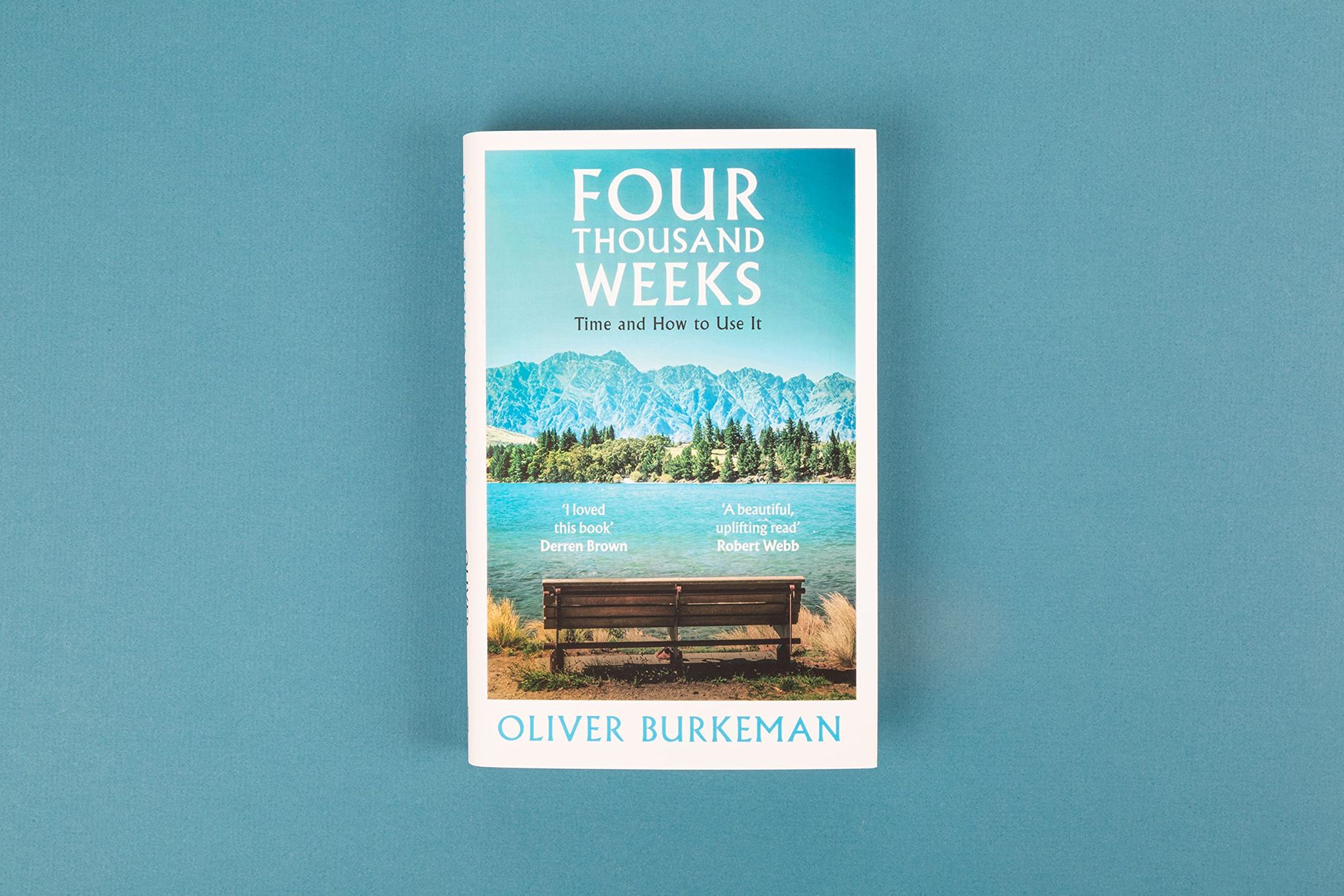
I've finally finished this book and deeply recommend it. No matter how efficient and productive we get, four thousand weeks (if we're lucky) simply isn't enough time for everything. So we have to make some choices. The fact that I've just summed it up in two sentences I hope doesn't discourage you from reading it, as it's one thing to know a thing, and quite another to feel it in your bones.
As always, I'd love to hear your thoughts.
Your partner-in-curiosity,
Menka
Noticing – Our Newsletter
Join our newsletter community for monthly inspiration to slow down and stay curious about everyday life and what matters most to you.




